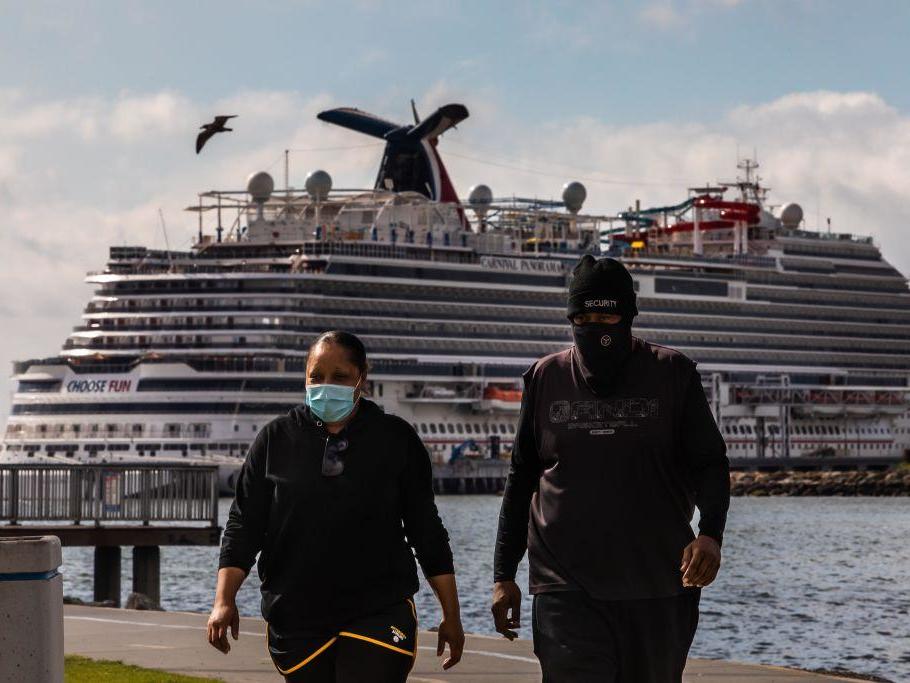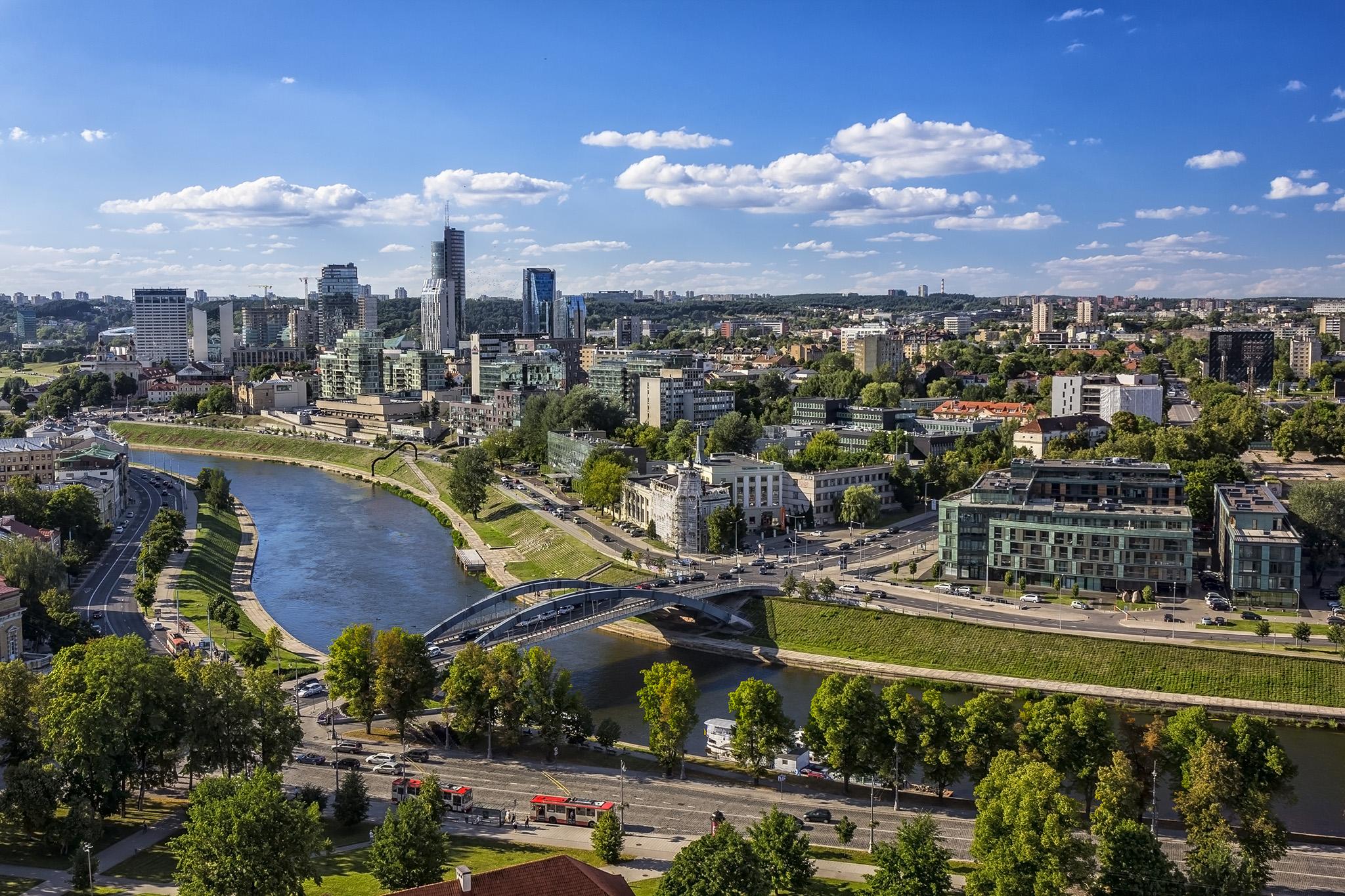Can you clear up my Covid quarantining confusion?
Simon Calder answers your questions on self-isolation, flight cancellations and collapsing companies


Q You have said the “quarantine deadline” that we’ve seen from France, Holland and now Croatia is the time you need to be back in the UK from those countries. But on BBC News a lady was interviewed who was coming back from Croatia by ship to Italy, then waiting there for two days, then flying home to the UK, to avoid quarantine. Is she right or are you?
You have also said that if you change planes in a country that isn’t exempt you will need to quarantine. But shouldn’t passengers be warned about that? I’ve made a couple of searches for flights to Portugal, both on Skyscanner and British Airways, and they have included options via Paris and Madrid respectively. Some people might think that the fact that they’re being advertised makes them “safe”. What are the rules on warning prospective buyers?
John M
A I heard the same interview on Friday, as the BBC talked to holidaymakers who were racing to beat the 4am Saturday deadline from both Croatia and Austria. Unfortunately, the lady in question had been misinformed. She mistakenly believed that the crucial measure was simply being out of Croatia before then.
I hope she enjoys the time in Bari. At least she will have only 12 days to serve in self-isolation when she returns because the time spent in Italy can be subtracted.
On your second point: yes, in an ideal world the airlines and fare-comparison websites would flash up a warning of the consequences for a British passenger choosing to travel via Paris or Madrid for a short visit to Portugal. Online seekers would be informed that merely changing planes in a no-go country is enough to trigger 14 days in self-isolation (less any time that is spent in an exempt country), if and when they return to the UK.
But just look at that last sentence: it’s a complicated thing to state the rules for one nationality on one particular journey. imagine the complexity involved in having to specify the correct information for dozens of nationalities and destination countries.
Instead, in this very un-ideal world, it is down to each individual to establish for themselves the rules for the countries they hope to travel to and through. For example, British visitors to Greece must complete a passenger locator form at least 24 hours in advance of travel. And the traveller must also be aware of unexpected consequences of something as apparently trivial as changing planes in a “quarantine” country. Buyer beware.

Q A month or so ago, when a lot of Europe was looking iffy, I booked a long weekend in Lithuania to depart on Thursday this week. The “Baltic bubble” with Estonia and Latvia looked pretty successful in keeping coronavirus under control. Apart from anything else, the chances of having to quarantine on our return to the UK looked unlikely. So when Lithuania opened up to visitors, it seemed a good plan for late August.
I have now heard, however, that as of last Friday, British visitors must self-isolate for two weeks – which we certainly didn’t sign up for. We have booked separate flights to Vilnius and a pay-on-arrival hotel. The room won’t be a problem, but what about the flights?
Martin H
A The UK is far from the only country to impose, or more accurately reimpose, quarantine requirements at short notice.
Since 21 August, the UK has been on the Lithuanian “red list”. Arrivals must go immediately in a taxi or other private vehicle to their place of isolation, and not leave it without the permission of a health-care professional.
According to the latest Foreign Office bulletin, you must not attend “public gatherings, shops or public services” and should organise for essential provisions to be delivered by “municipal authorities, friends, family or delivery services”. Visitors are out of the question.
It is very similar to what the UK government demands of arrivals from non-exempt countries – although Lithuania, unlike Britain, allows people to make flight connections in “high-risk” nations without triggering quarantine.
By Thursday, the rules may have become even more draconian. The official warning is: “If the UK exceeds 25 new cases per 100,000 of population in the last 14 days you must additionally present proof of a negative Covid-19 test carried out within 72 hours before your arrival in Lithuania.” The UK score as of Monday was 22.2, having risen by 50 per cent in the past two weeks.
So from all points of view, a long weekend is out of the question. As you say, the hotel will not cost you anything – though you should let them know immediately so the room can be resold.
The attitude of airlines varies. When quarantine suddenly becomes obligatory for passengers on particular routes, British Airways and easyJet routinely say: “We understand you may not want to travel, so while we’re not offering a cash refund you can have a voucher or rebook for a later date.”
In contrast, Ryanair and Wizz Air insist that normal terms apply – which I call a “use it, lose it or pay a substantial fee to change it” policy. If you are flying on either carrier, the best you can hope for is that due to the inevitable slump in demand, your outward and/or return flight is cancelled – at which point you can ask for your money back. But both Ryanair and Wizz Air have been flying in the face of quarantine, and so don’t hold your breath.

Q My girlfriend and I were meant to go travelling around southeast Asia this summer and had put down a combined deposit of £400 with the travel company STA. Our trip didn’t go ahead but we were told we could use the deposit on another trip.
However, it has been announced that STA has ceased trading so we’re not sure what to do. Will we be eligible for a refund, or can we use the credit towards another trip?
Joe
A The sad collapse of STA Travel has left 500 excellent staff uncertain of their futures, and thousands of customers, such as you, unclear about their rights.
For most of the people who made a booking with STA for a trip that could not go ahead because of the coronavirus pandemic, the outlook is reasonably clear. They will be able to claim for the amount paid from the Atol scheme, which is administered by the Civil Aviation Authority. Refunds will not be instant – a lot of checks and administration have to take place – but the money should be forthcoming.
However, I am not entirely clear about your agreement with STA. If your deposit of £200 per person was for a down payment on a specific trip, with flights included, then it should qualify as an “Atol-protected holiday”. The Civil Aviation Authority, which administers the scheme, says: “You should be given an Atol certificate by your travel business as soon as you pay over any money for the holiday – even if this is only a deposit.” In this case, you should claim back the payment.
However, if it was a down payment on a flight, you are unfortunately in a much weaker position. You will not have received any tickets, because a flight to southeast Asia would cost a lot more than £200. This would leave you as an unsecured creditor of a failed company with negligible assets.
If this is the case, approach the provider of the credit or debit card that you presumably used to pay the £400 and make a “Section 75 claim” (for a credit card) or ask for a “chargeback” (if it is a debit card). But you cannot rely on this; bookings made through a third party such as a travel agent weaken the protection.
A final option: if you took out travel insurance at the time of the original booking, you could claim from that. I hope, though, that your deposit was a payment for a specific trip and triggered an Atol certificate. All you need in that case is patience.
Email your question to s@hols.tv or tweet @simoncalder
Join our commenting forum
Join thought-provoking conversations, follow other Independent readers and see their replies
Comments